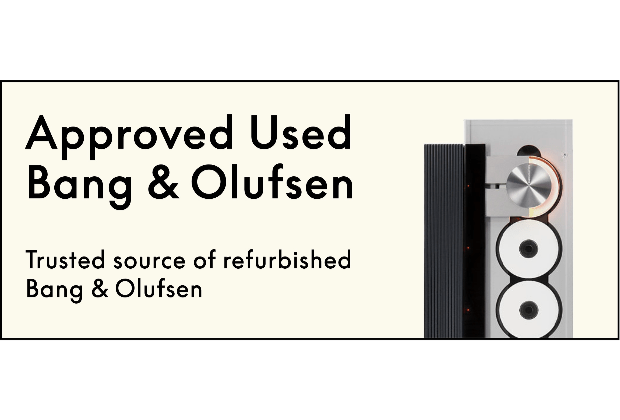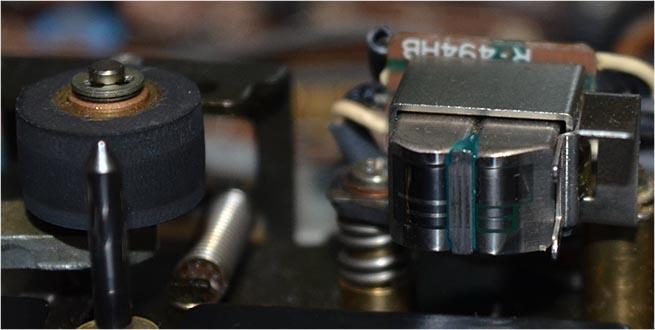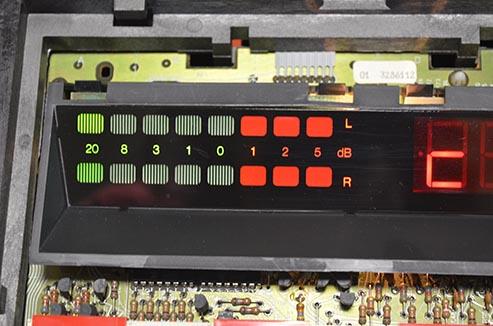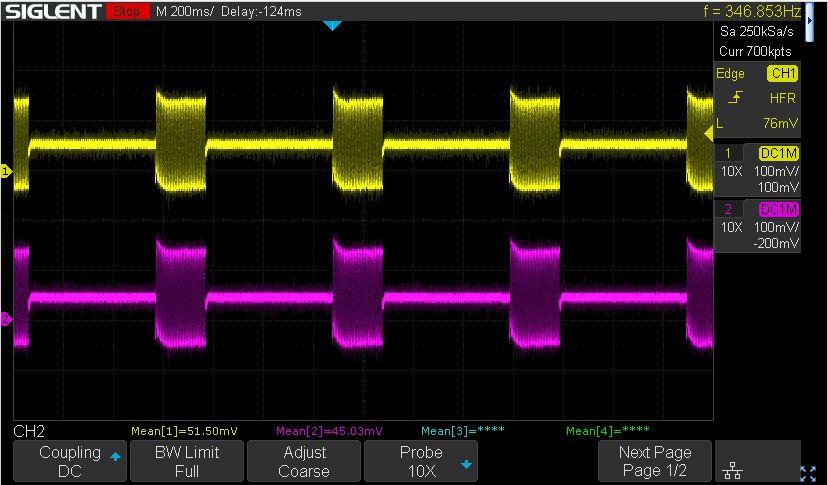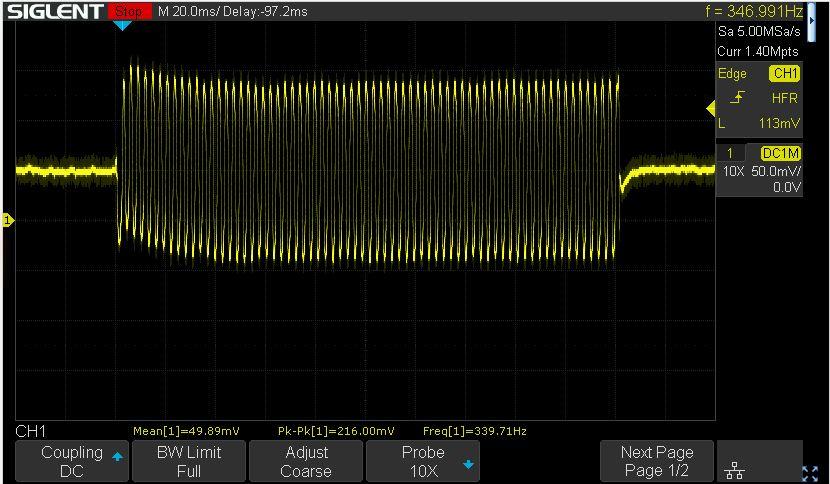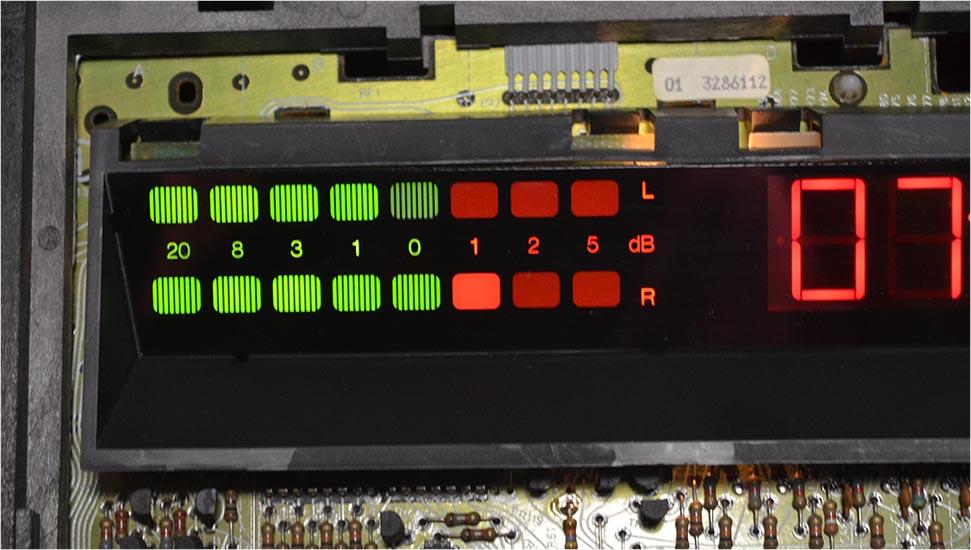Home › Forums › Product Discussion & Questions › BeoCord › Beocord 9000 Low Volume on Playback
- This topic has 14 replies, 3 voices, and was last updated 2 years, 2 months ago by
Dillen.
-
AuthorPosts
-
3 September 2022 at 07:08 #38811
I’m working on a Beocord 9000 Type 4812 (late production Dolby-C model) that has been in storage for several decades. My efforts so far have been to repair the degradation related to the ravages of time, like replace the drive belts that turned to goo, replace the rubber parts in the tape transport, clean and lube the tape mechanism that likely caused a motor current overload and blown fuse, repair a self-inflicted short circuit that was created while doing the above work. The power supply voltages are close to specified values and the tape transport functions (PLAY, REW, FF) are working normally. I believe that I now have the tapedeck in a similar condition to what it was when I pulled it from service so long ago.
The issue that I’m currently trying to address is a very low volume on playback. When I play a tape, I see the -20dB lights flicker on the meter, but nothing ever higher. When listening through the headphone output I can hear faint, garbled music when the headphone volume is set to maximum. Left and right channels are at a similar level. I successfully verified my tapes on another tapedeck since they are of a similar vintage to the BC9000.
I don’t have much experience with servicing tapedecks. I would like to hear some tips on how to proceed from the experts here. Hearing about common failure points or possible pitfalls would be very much appreciated.
So far I’ve been pulling and testing capacitors, trying to monitor signals on an oscilloscope, and studying the schematics.
Thank you,
Glitch
6 September 2022 at 17:53 #38812In your description of work performed you said nothing about the tape heads. Have you cleaned them, checked for wear, and adjusted them?
6 September 2022 at 18:07 #38813Will the Beocord play back tapes recorded on other decks/factory recorded tapes?
Does tapes recorded on the Beocord play back correctly on another deck?Martin
6 September 2022 at 18:29 #38814Mark-sf: The tape heads are clean and have very little wear. I haven’t tried to do any tapehead adjustment/alignment since the signal level is so low that I wouldn’t trust the readings. I don’t have any reason to believe that the tape head is out of alignment.
I did take some measurements of the playback head itself.
Channel1 212 mH @1kHz 487 ohm @1kHz 430 ohm @DC
Channel2 215 mH @1kHz 521 ohm @1kHz 433 ohm @DC
I don’t know what the exact readings should be, but the values seem reasonable.
Martin: I see the same symptoms (levels not greater than -20dB) with tapes recorded (years ago) on this BC9000 and prerecorded tapes. The same tapes play normally in other tape players.
I’ve also tried to go through a record calibration process. The calibration does not succeed, but when I play back the section of tape where the calibration tones were recorded I get the same -20dB signals.
I tried swapping out the IC8 opamp with a known working one that came out of my upgraded Pentas. This didn’t make any difference.
Also, when I touch the input connections to the Dolby board, I see a jump in the meters up to about -3dB. I assume that this indicates that the Dolby chips are alive.
My current thoughts are that the problem is in the JFET and trim-pot R148/R248 stage. Does this make sense?
Glitch
7 September 2022 at 15:15 #38815Here is a picture of the tape head
And the meter during playback. The left channel is “stronger” than the right, but neither gets significantly above -20dB.
Glitch
8 September 2022 at 00:51 #38816The symptom that’s troubling is that you are observing the problem in both channels but still getting a signal. I would next try Martin‘a suggestion of recording on the 9000 and playing back on another machine. This would help identifying the defective section.
8 September 2022 at 16:29 #38817Part of my reasoning for running the calibration process is that it is a quick way to test that the BC9000 is recording. It provides a test recording that is tolerant to any head alignment problems since recording and playback are done at the exact same head azimuth angle. This test also excludes some of the line-level circuitry that I’m not trying to test yet.
The newly recorded test tones play reasonably load and clear on other tape decks. I don’t know exactly what they should sound like on other equipment or have any quantitative measure of the record levels since my other playback devices don’t have any meters. This might all be a moot point since I’m not trying to address any record issues right now. Everything that I’ve tried so far indicate that recording is generally working OK.
During the calibration test I expected to see record levels around 0dB +- 1 or 2dB. The BC9000’s PPM was just barely hitting -8dB. I generally believe what I am seeing on the PPM since it is consistent with what I’m hearing at the headphone output. I’m not having much luck probing the signals that I have since the signals are so small and connecting test equipment pulls them down even further. This is one area where hearing about any tricks for testing or expected behavior would be appreciated.
The circuit path that I’m concentrating on is from the tapehead to the headphone output. This includes the fewest number of stages (i.e. the simplest test scenario).
Tapehead -> JFET stage -> IC8 opamp stage -> BJT transistor stage on board 4 -> BJT transistor stage on board 2 -> (part of) Dolby chip stage -> headphone amp or PPM
The only stage that I’ve ruled out is the headphone/PPM stages, mostly because they corroborate each other both on tape playback and with the “injected noise” when I touch the board 2 signal inputs.
I am trying to be cautious with any experiments that I try to minimize losing or messing up any of the factory calibration settings. My access to the “test tapes” mentioned in the service manual is limited to the “azimuth tape” that was included with the BC9000. I’m also assuming that the AF meter mentioned in the service manual is an analog meter. Advice on testing with more modern digital instruments would also be appreciated. I really don’t know what is truly important to get perfect versus where “close enough” will work.
Glitch
8 September 2022 at 17:29 #38818Which version of Beocord 9000 do you have – serialnumber?
Martin
8 September 2022 at 17:38 #38819Martin,
I don’t have access to the machine right now, but it is a later model with the two Hitachi HA12038 chips on the Dolby board. The tapedeck is consistent with the schematics in the Beocord 9000 Supplement manual.
Glitch
8 September 2022 at 17:48 #38820During playback , do you have signal on pin 4 on both Dolby ICs?
What is the DC voltage on pin 5 (Vref) and pin 28?Martin
8 September 2022 at 19:59 #38821For IC101 and IC201 the pin voltages are the same
Pin28 – 13.51v
Pin5 – 0.040v (play) 0.027v (stop)
To check for the signals, I’m using the tape with the recorded calibration tones. This makes it easy to distinguish a signal from the background noise.
The plot below is the Pin4 input for the left (top/yellow) and right (bottom/magenta) channels
Here is a close-up of the Pin4 left channel with some measurements.
Glitch
8 September 2022 at 21:51 #38822Have you checked/cleaned R160/260 as they control playback output before the meters which I did not realize or had forgotten?
8 September 2022 at 22:19 #38823Has C7 (220uF) shorted?
Martin
8 September 2022 at 23:27 #38824Martin,
Yes. Yes it has!
Martin, you’re awesome! I don’t know how long that would have taken me to find, considering that it took a while to find even when I was explicitly looking for it.
Here is the PPM is working as expected and I have clean, clear music coming from the headphone jack.
Thank you again, Martin and Mark, for your suggestions and advice,
Glitch
9 September 2022 at 06:27 #38825Good job!
Martin
-
AuthorPosts
- You must be logged in to reply to this topic.






